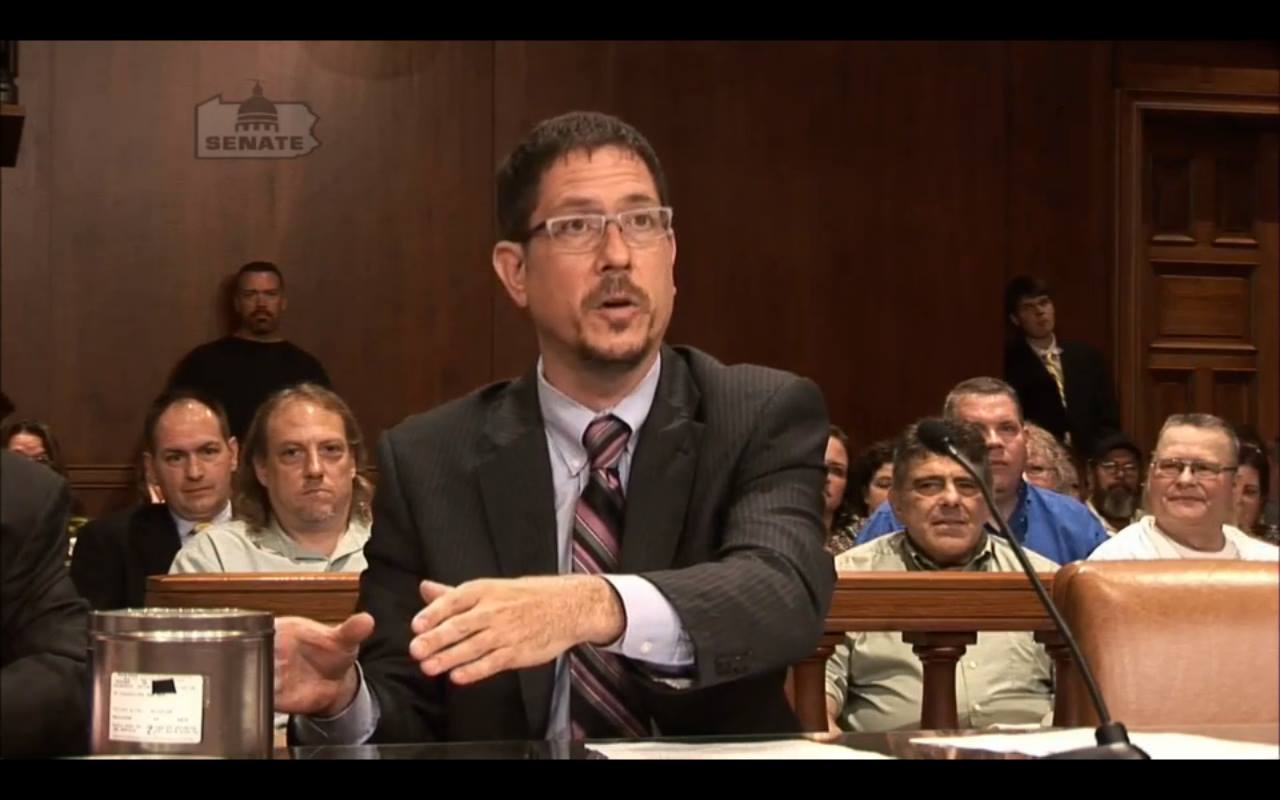Demystifying the Refine of Federal Appeals: What You Required to Know
Navigating the complex world of federal appeals can commonly feel like traversing uncharted waters for those not familiar with the procedure. Recognizing the nuances of appellate court jurisdiction, the complexities of submitting a notification of allure, presenting a compelling brief, and making a convincing dental debate are essential components that can considerably affect the result of a situation. By unwinding the layers of intricacy bordering government allures, people can obtain a more clear understanding right into the devices that control this critical point of the lawful system.
Understanding Federal Appeals Refine
Exploring the detailed world of the government charms procedure reveals a structured and methodical trip via the judicial system - federal securities fraud appeal attorneys. Federal allures function as a critical system for assessing decisions made by reduced courts. Recognizing this process is crucial for anybody associated with lawful procedures at the government degree
The process usually starts with a party dissatisfied with a reduced court's judgment filing a notice of charm. This causes a review by a higher court, where a panel of courts analyzes the legal disagreements offered by both events. Briefs outlining the legal thinking behind each event's placement are submitted, and oral debates may be heard to clarify complicated problems.
The appellate court's decision is based on a comprehensive evaluation of the lower court's proceedings and the debates offered. As soon as the appellate court gets to a decision, it can affirm, turn around, remand, or change the reduced court's ruling, providing clarity and finality to the lawful conflict.
Appellate Court Jurisdiction Explained

Appellate courts have territory over certain sorts of cases, typically those entailing lawful errors, step-by-step concerns, or concerns of law instead of accurate disputes. The territory of appellate courts is normally described in laws and legislations that govern the court system. Recognizing appellate court jurisdiction is crucial for events associated with the appeals procedure as it determines whether an instance is eligible for testimonial and the degree to which the appellate court can interfere in the lower court's choice.
Filing a Notification of Charm
The first step in starting the federal allures process entails filing a Notification of Appeal with the proper appellate court. connecticut federal appeals attorneys. This critical document officially alerts the court and the various other events entailed in the instance that the appealing celebration means to seek an evaluation of the lower court's decision. Submitting a Notification of Charm is a stringent procedural requirement that sets the appellate procedure in activity
When preparing the Notification of Charm, it is vital to guarantee compliance with the specific rules and standards of the appropriate appellate court. The file must typically consist of info such as the situation name, the lower court's name, the date of the judgment being appealed, and a concise statement indicating the grounds for the appeal.
Timeliness is important when submitting a Notice of Allure. Missing the deadline for sending this record can cause the allure being disregarded, emphasizing the relevance of prompt and precise initiation of the appeals procedure. It is recommended to look for legal guidance to navigate the intricacies of filing a Notification of Charm successfully.
Rundown and Oral Argument
In the appellate process, presenting created briefs and taking part in dental arguments play critical functions in promoting for the appealing party's position before the appellate court. Briefs are detailed legal papers that describe the events' debates, legal authorities, and analysis sustaining their settings. These created submissions supply the court with a detailed understanding of the truths of the instance, the relevant legislation, and why the appealing event believes the lower court's choice need to be overturned.
Complying with the entry and review of the briefs, oral disagreements supply the parties a chance to more clarify their positions, deal with any type of inquiries the appellate courts might have, and highlight essential factors from their created briefs. Dental arguments are a chance for the attorneys to convince the courts via spoken campaigning for and actions to inquiries from the bench.

Obtaining the Appellate Court Choice

Verdict
Comprehending the appellate court territory, submitting a notification of allure, preparing briefs, and presenting oral arguments are all important elements of this process. Eventually, getting the appellate court choice can supply quality and resolution to lawful disagreements.
As we proceed from recognizing the government allures procedure to studying the details of appellate court territory, a basic facet comes to light pertaining to the authority and restrictions of these greater courts in the lawful landscape. Appellate court territory refers to the scope of cases that a particular appellate court has the power to evaluate and choose upon. Unlike trial courts that hear situations for the very first time, appellate courts are restricted to reviewing decisions made by lower courts. Recognizing appellate court jurisdiction is official site critical for parties entailed in the appeals process as it establishes whether a case is eligible for testimonial and the extent to which the appellate court can intervene in the reduced court's decision.
Whether the appellate court affirms, turns around, or remands the reduced court's decision, recognizing the implications of the ruling is vital for all events involved in the appellate process.